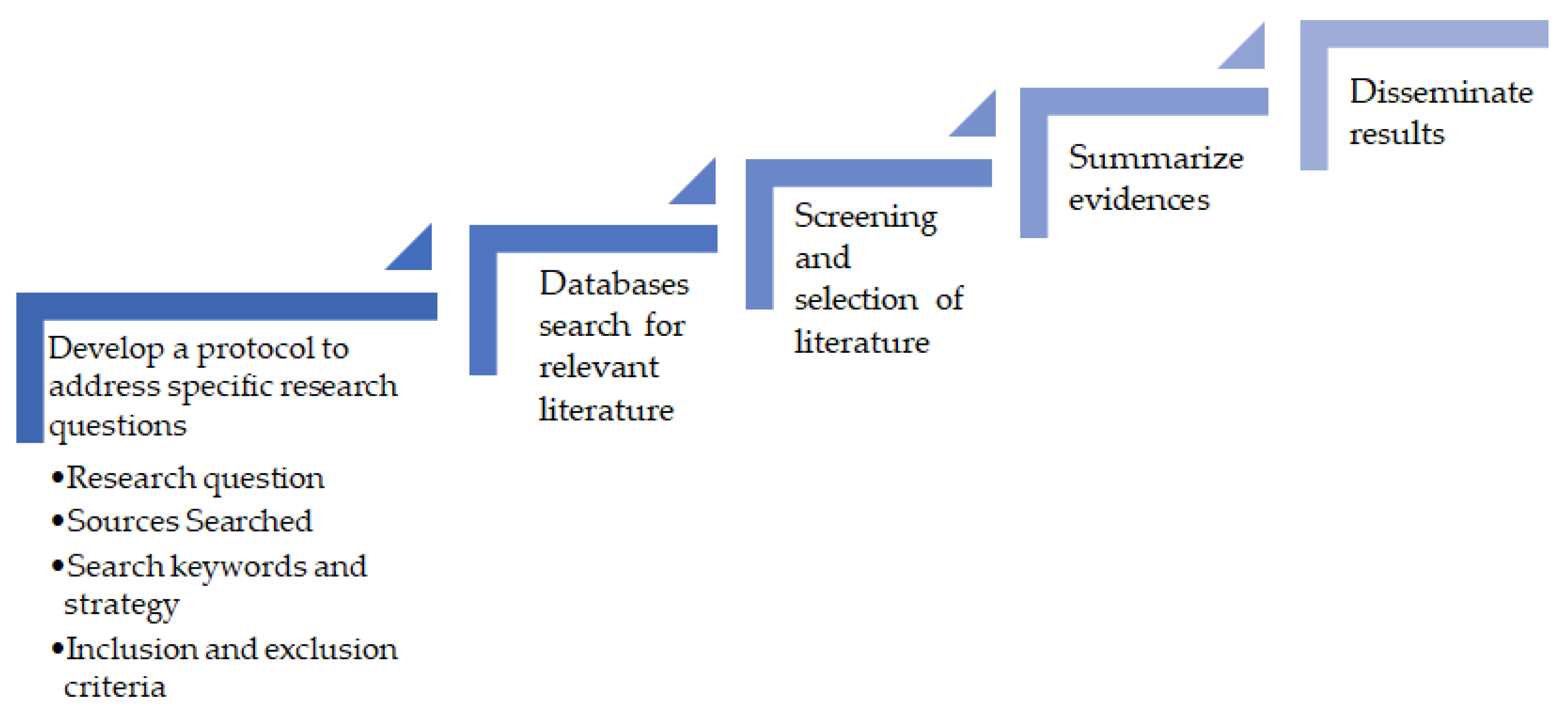
Sustainable Fashion: Eco-Friendly Trends Shaping the Future
In the fast-paced world of fashion, an increasing awareness of environmental issues has led to a significant shift towards sustainable practices. Designers, brands, and consumers are all becoming more conscious of the impact of the fashion industry on the planet. This article explores some of the latest sustainable fashion trends that are not only stylish but also contribute to a more eco-friendly and ethical future.
**1. Upcycling and Circular Fashion: Closing the Loop
One of the key sustainable fashion trends gaining momentum is the concept of upcycling and circular fashion. Instead of discarding old clothing items, designers are finding innovative ways to repurpose and transform them into new, stylish pieces. This shift towards a circular fashion economy helps reduce waste and minimizes the environmental footprint of the industry.
**2. Ethical Material Choices: From Vegan Leather to Recycled Fabrics
Sustainable fashion is not just about design; it’s also about the materials used. Designers are increasingly opting for eco-friendly and ethical materials, such as vegan leather made from plant-based sources or recycled fabrics created from post-consumer waste. These choices not only minimize harm to animals but also promote a more sustainable and responsible supply chain.
**3. Slow Fashion Movement: Quality Over Quantity
The slow fashion movement is a response to the fast fashion industry’s rapid production cycles and disposable fashion culture. Emphasizing quality over quantity, this trend encourages consumers to invest in timeless, durable pieces that have a longer lifespan. By embracing slow fashion, individuals can reduce their overall clothing consumption and contribute to a more sustainable wardrobe.
**4. Transparent Supply Chains: Traceability and Accountability
Consumers are increasingly demanding transparency in the fashion industry. Brands are responding by adopting more transparent supply chains, allowing customers to trace the journey of their garments from production to purchase. This transparency ensures accountability for ethical and sustainable practices throughout the entire manufacturing process.
**5. Renting and Second-Hand Fashion: Embracing the Sharing Economy
As the sharing economy gains momentum, renting and buying second-hand clothing have become popular alternatives to traditional retail. Platforms dedicated to renting or selling pre-loved fashion items are on the rise. This shift towards a more circular approach to fashion reduces the demand for new production and extends the life cycle of existing garments.
**6. Innovative Technologies: Pioneering Sustainable Solutions
Advancements in technology play a crucial role in shaping the future of sustainable fashion. From 3D printing to waterless dyeing techniques, designers are exploring innovative technologies to reduce the environmental impact of clothing production. These technologies not only enhance sustainability but also open up new possibilities for creative and eco-friendly designs.
**7. Sustainable Fashion Trends in Action: Visit beautifulnhealthy.com
To stay updated on the latest sustainable fashion trends and discover how the industry is evolving, visit beautifulnhealthy.com. This platform offers insights, articles, and resources that delve deeper into the world of eco-friendly fashion, providing a valuable source for those looking to make informed and sustainable fashion choices.
In conclusion, the fashion industry is undergoing a transformative shift towards sustainability. From upcycling and ethical material choices to the slow fashion movement and transparent supply chains, these trends are shaping a more environmentally conscious future. By embracing these changes and staying informed, both designers and consumers can contribute to a fashion industry that is not only stylish but also sustainable and ethical.
